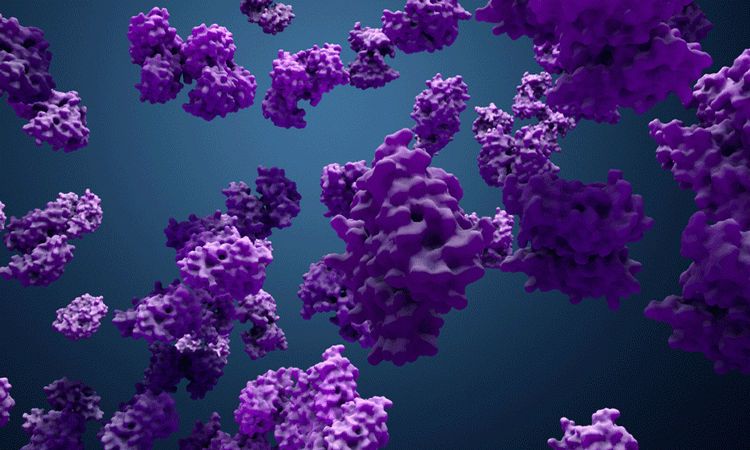Researchers reverse prediabetes in mice through enzyme deactivation
Posted: 5 July 2019 | Drug Target Review | 1 comment
A study has shown that deactivating an enzyme linked to ceramides caused obese mice to improve their metabolic health, indicating a drug target.


A new study has found that deactivating an enzyme called dihydroceramide desaturase 1 (DES1) in mice prevented the enzyme from removing the final hydrogens from a fatty lipid called ceramide, lowering the total amount of ceramides in the body.
The researchers found the change prevented the onset of disease symptoms in models fed a high-fat diet and reversed prediabetes in obese mice, leading the team to suggest their findings as a drug target.
The scientists, from the University of Utah Health and Merck Research Laboratories, made the smallest change possible at a precise time and place to reduce side effects shown in previous studies.
“We have identified a potential therapeutic strategy that is remarkably effective and underscores how complex biological systems can be deeply affected by a subtle change in chemistry,” says Dr Scott Summers, co-senior author of the study.
The investigators blocked the final step of ceramide synthesis in two ways. One method was to use genetically engineered mice in which the gene coding for DES1 could be switched off during adulthood and deactivated the gene from tissues throughout the body or alternatively, from either liver or fat cells. The other method injected short hairpin RNA into the adult liver, which selectively lowered production of DES1 by destroying the RNA precursor.
Both approaches then placed adult mice on six times the fat of a normal rodent diet. The mice gained two times their body weight within three months, putting a strain on their metabolic health. They developed insulin resistance and fat accumulated in the liver, indicating metabolic disease.
the mice were fat but they were happy and healthy
After lowering ceramides using both techniques, within weeks the mice remained obese but their metabolic health improved. Fat cleared from the liver and they responded to both insulin and glucose like healthy mice.
“Their weight didn’t change but the way they handled nutrients did,” says Summers. “The mice were fat but they were happy and healthy.”
Although the impact of lowering ceramides in humans is still unknown, there is evidence that ceramides are linked to metabolic disease. The researchers are now developing drugs that inhibit DES1 with a goal of making new therapeutics.
The results were published in Science.
Related topics
Drug Targets, Enzymes, Protein, Research & Development
Related conditions
Diabetes, prediabetes
Related organisations
Merck Research Laboratories, Science., University of Utah Health
Related people
Dr Scott Summers




Great post! Thank you for the insightful article. I would like to include a little bit more information that long-term hyperglycemia during diabetes causes chronic damage and dysfunction of various tissues, especially the eyes, kidneys, heart, blood vessels, and nerves.